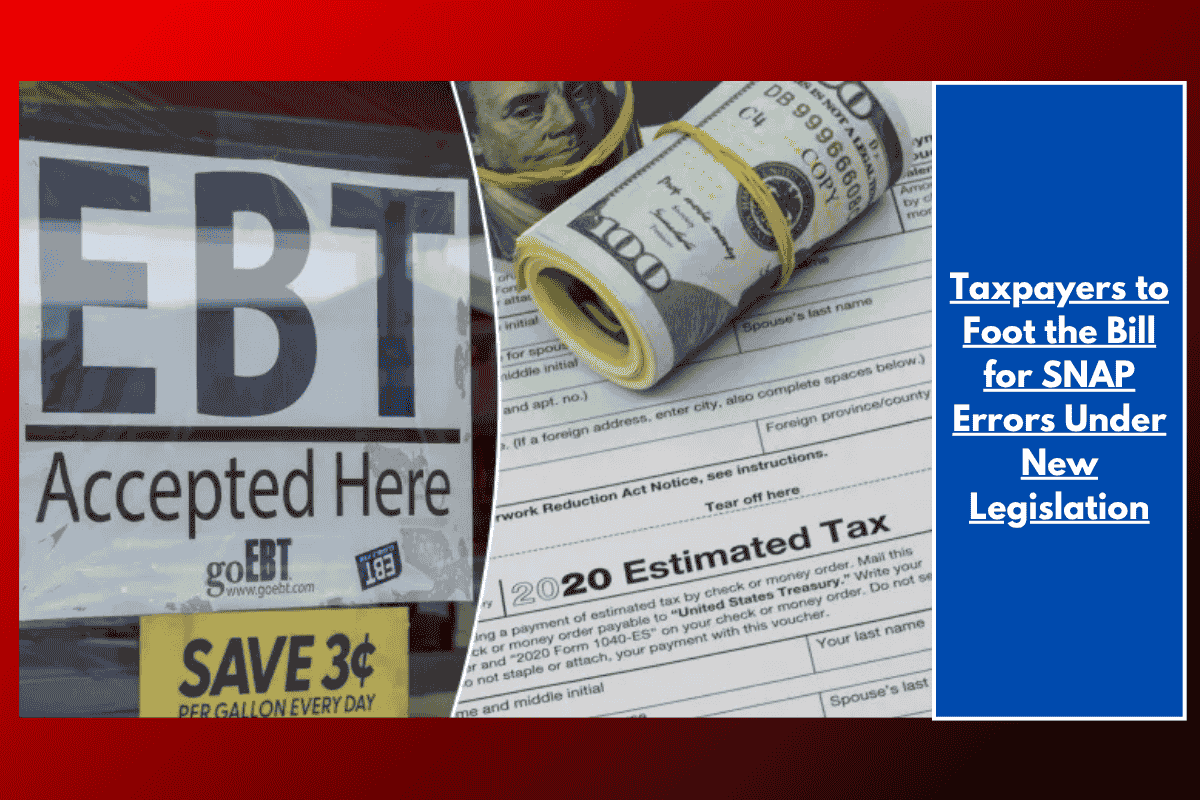In a push to curb the theft and abandonment of shopping carts, a new shopping cart law is rolling out in nine U.S. states, with penalties that could cost consumers up to $2,500 if they are caught violating the rules. The crackdown is part of a growing effort to stop what has become a major problem for retailers—shopping cart theft.
Why Is the Shopping Cart Law Being Enforced?
Shopping cart theft has reached alarming rates in the U.S., with over 2 million carts stolen annually. According to the Food Marketing Institute, this issue costs U.S. retailers approximately $175 million each year in replacement and repair costs. Supermarket News notes that a shopping cart is stolen every 90 seconds, which significantly burdens stores financially and operationally.
Shoppers often take carts for reasons such as personal use, convenience, resale, or even due to homelessness. However, these actions are not without consequences, as there are legal implications for removing carts from store premises or leaving them in public places.
What’s at Stake for Shoppers in These States?
The new shopping cart laws in nine states aim to discourage the illegal use of carts by imposing hefty fines on those who violate the rules. The violations could include:
- Taking carts off store premises without permission.
- Leaving carts on sidewalks, roadsides, or in apartment buildings.
- Modifying carts for personal use, such as turning them into grills or bikes.
Shoppers found violating these regulations could face civil and criminal charges, depending on the severity of the violation and local ordinances.
State-Specific Penalties
Here’s a breakdown of the penalties and fines for shopping cart violations in each of the nine states:
- California
- Penalties: Misdemeanor charges with fines up to $1,000 and up to six months in county jail for stealing carts with the intent to deprive the store of possession.
- New York
- Penalties: Civil fines up to $100 for taking a cart, escalating to $1,000 or jail time for more severe cases.
- Texas
- Penalties: Class C misdemeanor with fines up to $500, which could escalate to Class B misdemeanor for repeat offenders, with fines up to $2,000 and up to 180 days in jail.
- Florida
- Penalties: First-degree misdemeanor, with fines up to $100 for each violation, accruing daily. For severe cases, penalties can reach $1,000 or up to one year in jail.
- Nevada
- Penalties: Misdemeanor petty larceny with potential fines of up to $1,000 and up to six months in jail.
- Hawaii
- Penalties: Theft charges with fines up to $500 and up to 30 days in jail in Honolulu.
- Arizona
- Penalties: First-time offenders could face fines up to $500, while repeat offenders can face higher fines, civil penalties, and potential criminal charges.
- Illinois
- Penalties: Retail theft penalties vary but can go up to $2,500 for a misdemeanor. Serious violations could lead to imprisonment.
- Washington
- Penalties: Cities in Washington impose fines of $50 for taking a cart, with possible impound fees and up to $1,000 in fines for misdemeanor charges.
How to Avoid the Fees
While the penalties for violating these laws can be steep, there are three key actions consumers can take to avoid the fines:
- Do not take carts off store property: Always return the cart to its designated area within the store’s premises.
- Do not abandon carts in public spaces: Make sure to return the cart to the store or designated cart collection areas, especially if you live in areas with strict cart laws like sidewalks or parking lots.
- Avoid modifying carts: Altering carts for personal use, such as converting them into makeshift transportation, could lead to legal issues and fines.
Wider Implications
This new law highlights the growing issue of retail theft and how it is being addressed through stricter legal measures. The goal is to reduce the costs that retailers face and maintain a more efficient system for shopping cart management.
As retailers continue to face the financial burden of stolen carts, these laws aim to limit theft while encouraging shoppers to follow the rules. However, experts are concerned that these changes could lead to confusion, particularly if different states implement varying rules, as noted by Leslie G. Sarasin, President of the Food Industry Association (FMI). She emphasized the importance of avoiding confusion and ensuring that the regulations are clear for both customers and stores.
As this shopping cart law rolls out, consumers in nine states must be mindful of the new regulations and the potential fines associated with violations. The aim is to encourage better cart management and reduce costs for retailers, but shoppers must remain vigilant to avoid hefty penalties. The growing number of stolen carts has led to serious action, and it remains to be seen how well the new rules will address this issue without causing undue confusion.














